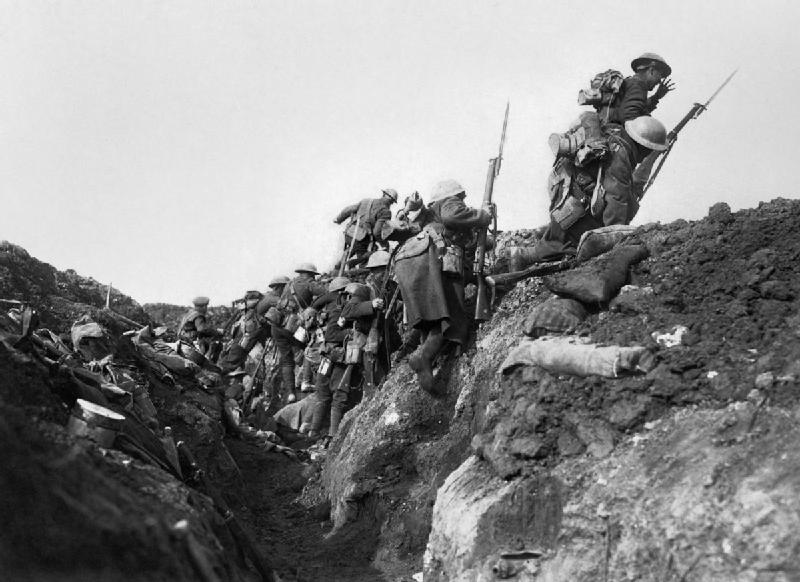Dr Martin Watts, Principal Research Fellow at the Centre for Kent History and Heritage at Canterbury Christ Church University, summarises the Battle of the Somme, one of the bloodiest battles of World War One, on the 100th anniversary.
Nothing sums up, for most people, the absolute horror of the fighting on the western front as epitomised by the tragedy that befell the British army on the 1st July 1916.
Originally conceived as a battle to break the defence and morale of the German army, the offensive became a vital source of relief from the shocking attrition that was taking place at Verdun. General Haig, commander in chief and General Rawlinson, commander of the Fourth Army that was to deliver the assault, differed in their understanding of how the objectives were to be achieved.
In simple terms this amounted to a choice of breakthrough or bite and hold, and this situation was compounded by the failure to provide sufficient artillery and the right types of shell required to ensure that the initial bombardment prepared the way from the advance of the infantry. This was not to be, and the infantry, on that fateful first morning, walked into a maelstrom of artillery, machine gun and rifle fire. No doubt that lessons were learned (eventually), but this was the day that innocence was lost.
Dr Watts spoke on the BBC Radio Kent Breakfast programme this morning exploring whether the Battle should be considered ‘foolish’, or a turning point in British military history. Listen to the interview (2hr 32mins).
 Expert comment
Expert comment holly finch
holly finch 1703
1703


